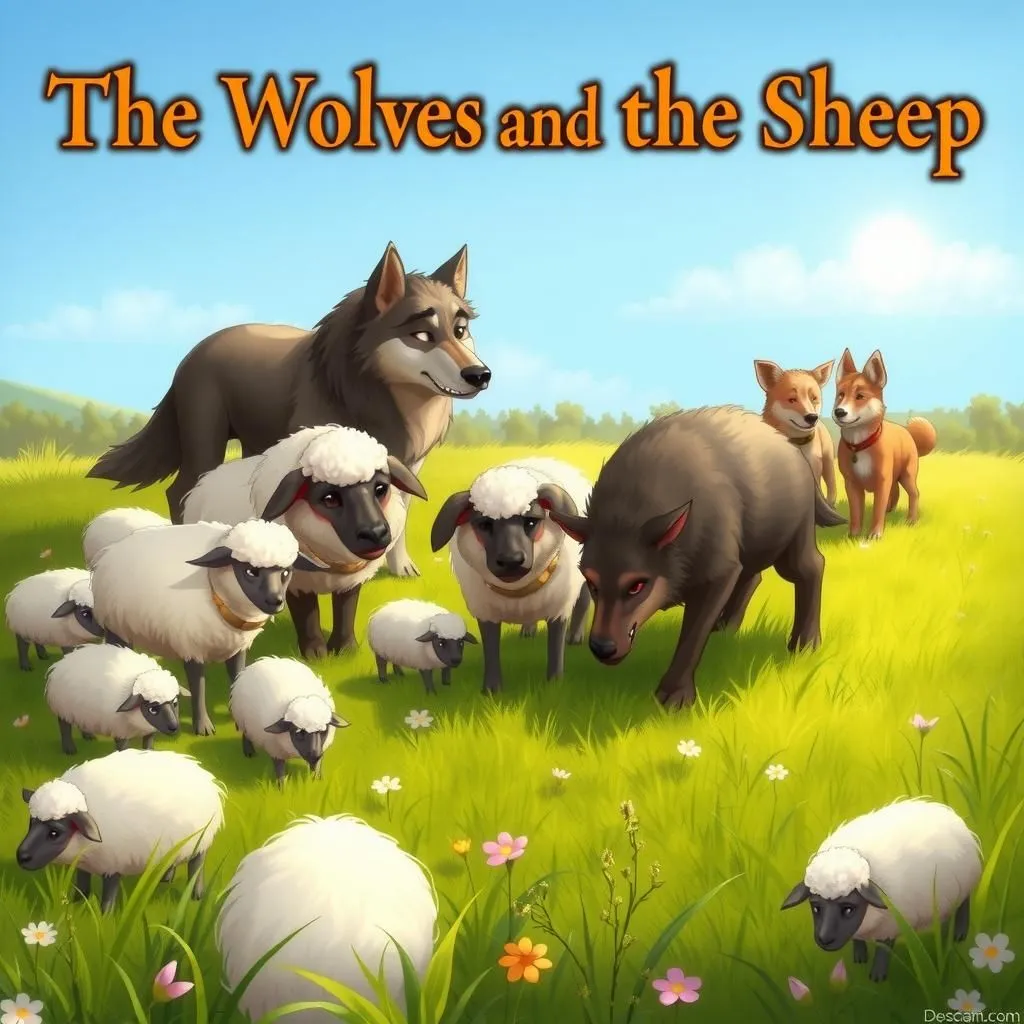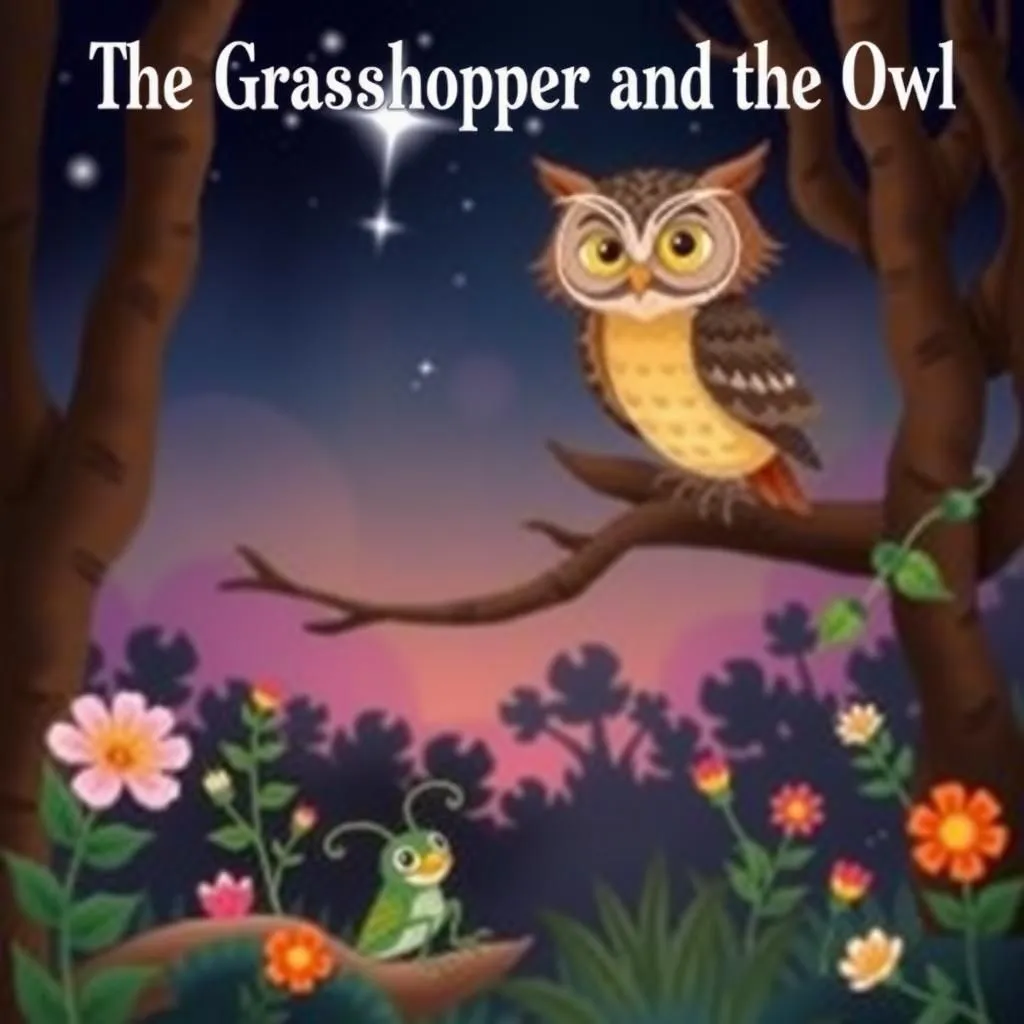
The Cat and the Mice
In this simple moral story, a Cat enters a house overrun by Mice and captures them one by one, prompting the remaining Mice to stay hidden. To lure them out, she pretends to be dead, but one clever Mouse warns that those who have been deceived will always remain cautious. This famous moral story teaches a valuable life lesson about the importance of vigilance after being tricked.


